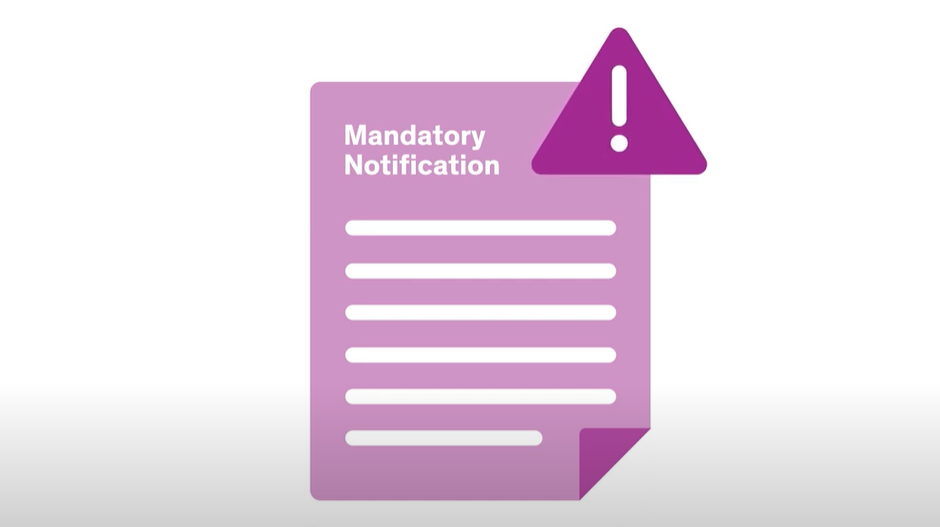IBAC Insights (newsletter)
Understanding mandatory notifications
Mandatory notifications help to prevent corruption and improve the integrity of the public sector. IBAC has developed a video to explain what mandatory notifications are and what happens once they are received.
Council CEOs and heads of departments play a vital role in preventing corruption. If they suspect corrupt conduct in the workplace, they are legally required to notify IBAC with an obligation known as a mandatory notification.
What should IBAC be notified of?
By law, IBAC must be notified of:
- potential public interest disclosures
- allegations of police misconduct by Victoria Police
- suspected corrupt conduct
Mandatory notifications must be made in writing as soon as possible.
When IBAC receives a notification, we assess the information and then the three main actions we can take are to either:
- refer your complaint to another agency
- investigate your complaint
- not proceed with your complaint
Did you know?
Between 2017/18 – 2020/21, 66 per cent of mandatory notifications to IBAC came from Victorian state government departments, and 31 per cent from Victorian local government. A total of 97 separate bodies made a mandatory notification to IBAC over the three-year period.
There were 48 out of 79 councils that made notifications had made at least one notification


